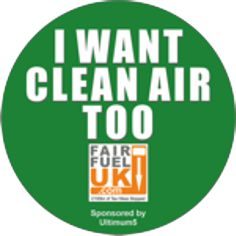Working Class and Leave Voters Favour Lower Energy Bills Over Climate Action
Exclusive new polling carried out on behalf of the Global Warming Policy Forum (GWPF) by YouGov has found that when asked about energy policy, the public were sharply divided between those who wanted lower energy bills and those who favoured action on climate change. Asked which of these two priorities the Government should focus on most of all, 45% of people said ‘reducing energy bills for households’ compared to 40% who preferred ‘stronger climate change targets’. Read full post HERE Full Data of the GWPF YouGov Poll: CLICK HERE
